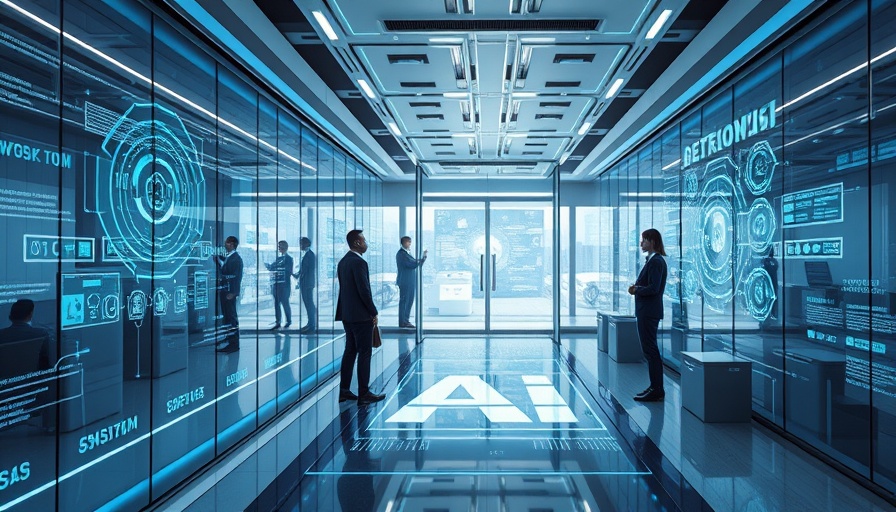
The Pulse of Democracy: Navigating Israel's Social Divide
In recent months, Israel has found itself at the forefront of an intense ideological struggle that reflects not just political differences, but deeper societal rifts. The current turmoil symbolizes a pivotal moment for the nation as it grapples with questions about its identity and the essence of its democracy. Observers note that this battle is about the soul of Israel, contrasting secular and religious values, and aims to redefine the relationship between state and religion.
Understanding the Historical Context of Israel's Struggles
Historically, the tension between secular and religious Jews in Israel has roots that extend back to the nation’s founding. With diverse views on what it means to be a Jew and the role of religion in state affairs, this conflict has continually shaped policy and public sentiment. The growing power of religious parties in government over recent years has intensified these divisions, prompting fears of alienation among secular populations.
Current Events Highlighting the National Divide
The present protests against proposed judicial reforms serve as a flashpoint. Many perceive these reforms as attempts to shift power away from the judiciary and undermine democratic principles, while supporters argue they are necessary for ensuring law and order. As these opposing views clash on the streets of Tel Aviv and Jerusalem, they illustrate a deeper struggle over the very fabric of Israeli identity.
Emotional Insights: The Impact on Daily Lives and Relationships
This ideological battle transcends politics; it affects personal relationships and social cohesion. Families and friends find themselves divided, debating the implications of these reforms on everyday life and the future. For many, this conflict stirs emotional responses akin to the fractures seen during past events in Israeli history, echoing sentiments of fear and hope in equal measure.
Future Predictions: What Lies Ahead for Israeli Society?
Experts are cautiously optimistic about the future. As protests evolve into national conversations, there could be an awakening that inspires a new breed of leadership, one that values both religious and secular perspectives. However, if the discussions remain polarized, the political landscape may face further fragmentation, leading to potential instability. Understanding the dynamics at play will be crucial for shaping Israel's path forward.
Counterarguments: Diverse Perspectives in the National Debate
One cannot overlook the voices advocating for judicial reform. Proponents argue that the judiciary’s power has become overreaching, hindering effective governance. They believe that a strong democratic system allows for checks and balances through legislative authority. This viewpoint is essential to consider as it highlights the multifaceted nature of Israel's democracy.
Taking Action: Engaging in the National Discourse
As the battle for the soul of Israel continues, the importance of engagement rises. Citizens must actively participate in discussions surrounding judicial reforms and what defines Israeli identity. This involvement is crucial for building a society that values both perspectives—religious and secular—while fostering understanding and cooperation among its inhabitants.
Whether you are a resident or an observer of this social phenomenon, understanding the complexities of Israel's situation will prepare you to engage intelligently in discussions about its future. This is a moment that calls for dialogue, empathy, and the courage to face the realities of a nation in flux.
 Add Row
Add Row  Add
Add 



Write A Comment